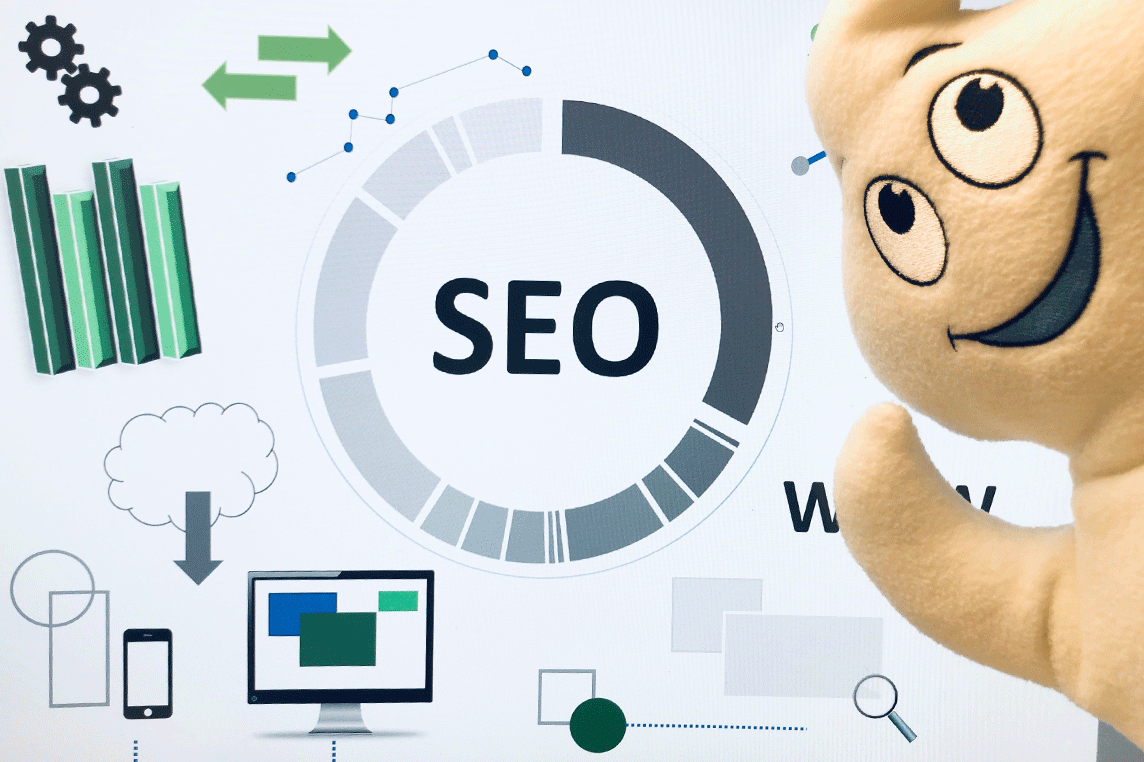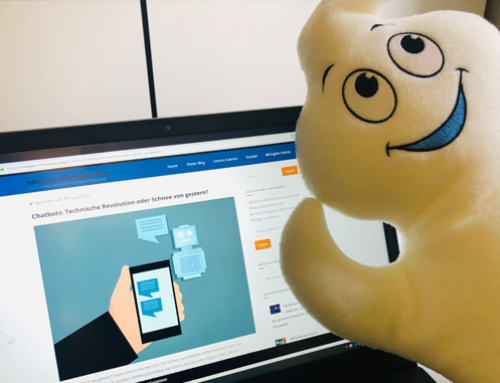The role of SEO translations in website localisation
SEO in conjunction with translation is a topic that every company should think about when it comes to translating their website into foreign languages as they enter new markets. What role does the translation of SEO content play here? And what exactly needs to be considered?
Search engine optimisation in the age of Google, Bing and Co.
Due to constantly growing globalisation and the associated internationalisation, companies are now aware that a multilingual web presence is absolutely essential if they want to establish themselves on international markets. But professional website localisation is no longer enough to reach new target groups. In recent years, companies have also focused on search engine optimisation, or SEO for short. SEO describes the measures that are used to ensure that websites appear at the top of search engine rankings. The aim is to achieve the best possible indexing and increase the findability with organic search queries using search engine-specific adaptations such as the deliberate placement of content. SEO has become an indispensable element that contributes significantly to business success.
Know your market! With regard to search engine optimisation too.
Companies spend a lot of money on search engine optimisation by specialists who keep an eye on the constantly changing ranking algorithms and criteria and can influence them accordingly. However, search engine optimisation is often only done with the domestic market in mind and cannot be applied to other markets across the board. When expanding into new markets, it is not only necessary to think about the appropriate localisation of your website, but also about aligning the SEO strategy differently. We have listed some points below that may be stumbling blocks for companies when it comes to translating their website for a new market in a way that compliments their SEO strategy:
- Keywords: Find market relevant keywords
Creating keyword lists is time consuming. Incorporating the keywords into your website’s content is another challenge, but worthwhile. Keyword density is an important element in search engine ranking.
However, keywords often cannot be translated 1:1 into other languages because they have no relevance in a target country, i.e. organic searches are not carried out for them. That is why comprehensive keyword research should be carried out by a native speaker with sound SEO knowledge when localising the website. - City names: What is Castle of Crying?
SEO often includes the use of city names as keywords on websites in order to rank in local search results. However, when content is transferred to a new market, local city names are no longer required and should be removed and replaced. The German city of Flensburg should then definitely be replaced by a city in the target country. - Search engines: Other countries, other search engines
In Germany, almost 90% of searches are carried out using Google. Consequently, companies focus their attention and SEO activities on the European market leader’s ranking criteria. In other countries though, Google may not play as big a role as it does in this country. In China, for example, the search engine BAIDU dominates the search engine market. Other ranking criteria may play a role here, which can be discussed by an SEO specialist for the target market. - Meta data
Meta data are normally not visible to the website user, but they do give search eingne web crawlers additional information on what a website is about. Keywords can also be included in the meta data description texts. These should definitely be translated or adapted when localising a website for a new target market. Since length limitations play a role, an experienced SEO translator should be involved here.
Search engine optimisation is time-consuming and expensive – not positioning yourself on the international market is even more expensive
Companies are aware that SEO plays an integral part in internationalisation. Despite this knowledge, they often fail in the implementation due to it being carried out incorrectly or incompletely. This leads to avoidable sales losses on foreign-language target markets. It is important to consult an SEO specialist who knows the target market and can provide everyone involved with important information. The target language content should not be a 1:1 translation, but take the form of transcreation using newly created keywords by a professional specialist translator. We will be happy to advise you in detail on this.
Here is a small list of the basic steps describing how we can proceed or support you in terms of SEO:
the prerequisite for this is that you have done your homework in terms of SEO and content strategy to achieve your business objectives for the domestic customer market.
Have we sparked your interest?
Simply contact us if you would like to know more.
Christian Enssner
Phone: +49 (0)9721 7035-14
christian.enssner@enssner.de
EnssnerZeitgeist
Translations GmbH
97421 Schweinfurt, Germany






